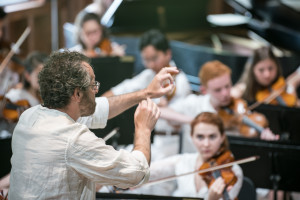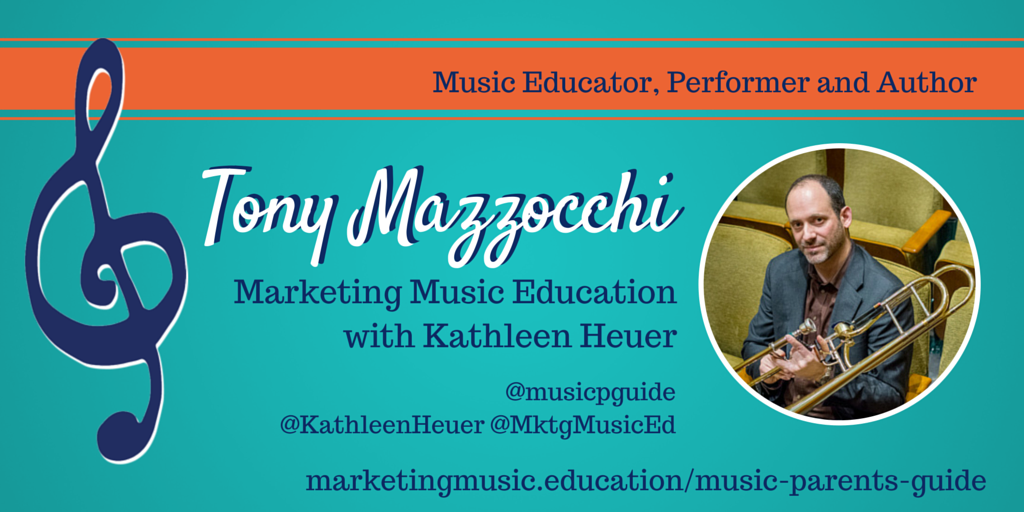 Whether you realize it or not, if your child is starting music study through their school’s music program this year, you are now a potentially powerful advocate for music education.
Whether you realize it or not, if your child is starting music study through their school’s music program this year, you are now a potentially powerful advocate for music education.
Since your child expressed an interest in singing or playing an instrument — and you said “yes: — you, and hundreds of thousands of other parents around the world, stated loud and clear that you value music as part of your child’s education.
Those of us who have enjoyed an education rich in the arts are aware of its many benefits. Although I developed high-level musical abilities and a lifelong appreciation of music with the help of my school program, research has proven that music education does much more than that: it develops creativity, responsibility, discipline, perseverance, composure, pride in results, collaboration, confidence, social and communications skills, and emotional maturity for all students, not just a chosen few.
Still, music education finds itself on the “danger of extinction list” each year due to budget constraints, scheduling trends, and — perhaps most concerning — public apathy. A general lack of awareness of the importance of music in every school day can (and will) lead to an erosion in that school’s program. Even in districts where most students start an instrument in school in 4th or 5th grade, teachers and parents continue to search to find strength in numbers when it comes time to advocate for their programs.
As I have written before, it’s important for students to study and enjoy “art for art’s sake” — and for us to advocate for music education using this mantra, at times. But the sad truth is that ironically, due to decades of attrition in school music programs, most parents, teachers, and administrators have not experienced the intrinsic joy of music making and the value it could have offered in their own school lives. Therefore, it is up to this generation of parents and students to create a new level of understanding utilizing a viewpoint school administrators and boards can understand — albeit narrow and sometimes short-sighted. And that is the effect of music education on the whole child, including test scores. The more data parents can gather regarding the benefit of music education on all aspects of humanity, the more we can build advocacy efforts by creating dialogue that best relates to those who will determine the future of our music programs, sad as that me be to some of us.
Being a music advocate is not always about selling brownies at a music concert, helping wash band uniforms, or attending countless Board of Education meetings to give a speech on the value of music education (although all of these things are important!). Rather, supporting children in their musical instruction, understanding the value it has on their human development, and being present when it counts is sometimes all that is needed to create a powerful force for music education in schools.
Here are 3 ways you can be a music advocate without completely changing your life around:








Recent Comments